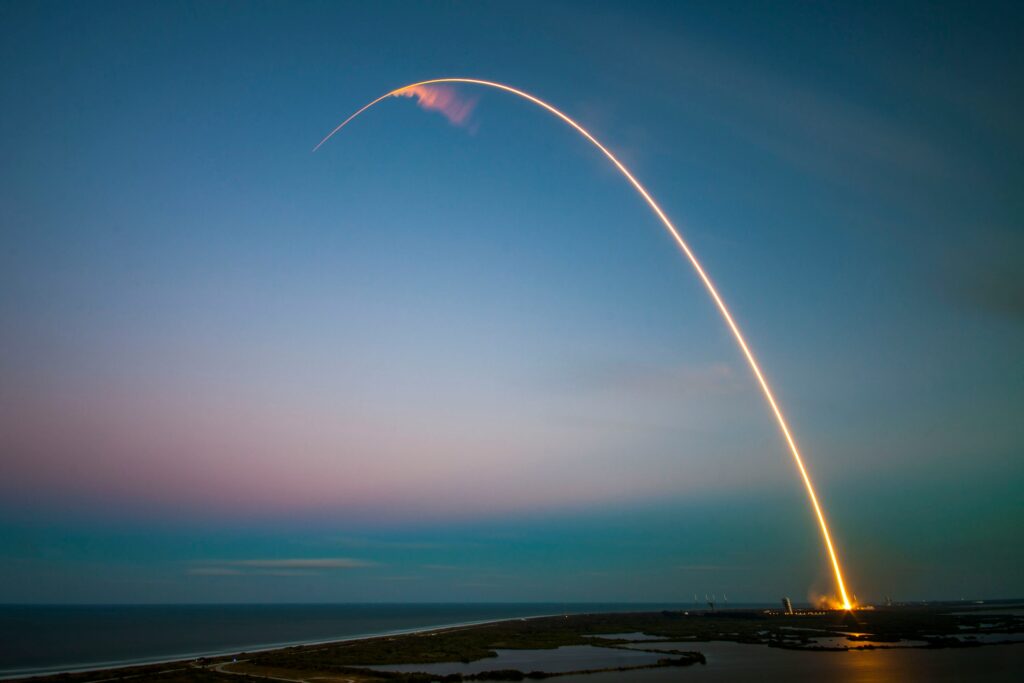I am delighted to share that I have just published a new paper titled “Antisatellite Testing and a Whole New Era in Spacefaring: The Implication of China’s 2007 ASAT Test on Global Security and Strategic Intelligence.” This work delves into the pivotal event of China’s 2007 anti-satellite (ASAT) test, exploring its profound implications for global security and strategic intelligence.
Why This Topic Matters
The 2007 ASAT test was a watershed moment in space history. China’s successful destruction of a weather satellite using a direct-ascent missile generated over 3,000 pieces of space debris, sending shockwaves through the international space community. This test showcased China’s advancing capabilities and raised serious concerns about the future of space security and the potential for space to become a contested domain of warfare.
Strategic Implications
The strategic implications of this test are vast. It exemplifies the complex interplay of diplomacy, information, military, and economic (DIME) components in spacefaring activities. Understanding space endeavors as strategic moves rather than mere technological achievements is crucial. The test underscored how vulnerable our critical systems—such as communication, navigation, and surveillance satellites—are to disruption. The potential to cripple national security and global operations is a stark reminder of the high stakes involved.
Space Debris Threat
Moreover, the space debris resulting from the test poses a significant long-term threat to all space activities. This debris can collide with other satellites, creating even more debris and escalating the risk of further collisions. This issue highlights the urgent need for international cooperation to manage and mitigate space debris, ensuring the safety and sustainability of our space environment.
Realism in Space Policy
Using the theoretical framework of realism, the paper argues that China’s ASAT test was a strategic maneuver to assert its power and deter adversaries. This perspective sheds light on the motivations behind such actions and the potential for similar tests by other nations. It is a call to understand the geopolitical dynamics and prepare for the strategic challenges they present.
The Importance of Strategic Intelligence
The implications of China’s 2007 ASAT test are far-reaching. As we continue to expand our presence in space, it’s crucial to grasp the strategic dimensions of spacefaring and the potential risks involved. This paper comprehensively analyzes the test and its impact on global security and offers intelligence recommendations to prevent future strategic surprises.
Conclusion
I highly recommend downloading and reading the full paper to explore these issues in depth. It offers valuable insights into the evolving dynamics of spacefaring and the critical importance of safeguarding our space environment. By understanding the challenges and opportunities presented by space activities, we can ensure that our ventures into space are guided by strategic intelligence and international cooperation.
Feel free to share your thoughts and engage in the discussion. Space is the final frontier, and understanding its challenges and opportunities is essential for everyone. Let’s work together to ensure that our space exploration is safe and sustainable.
Download the Paper Here.

